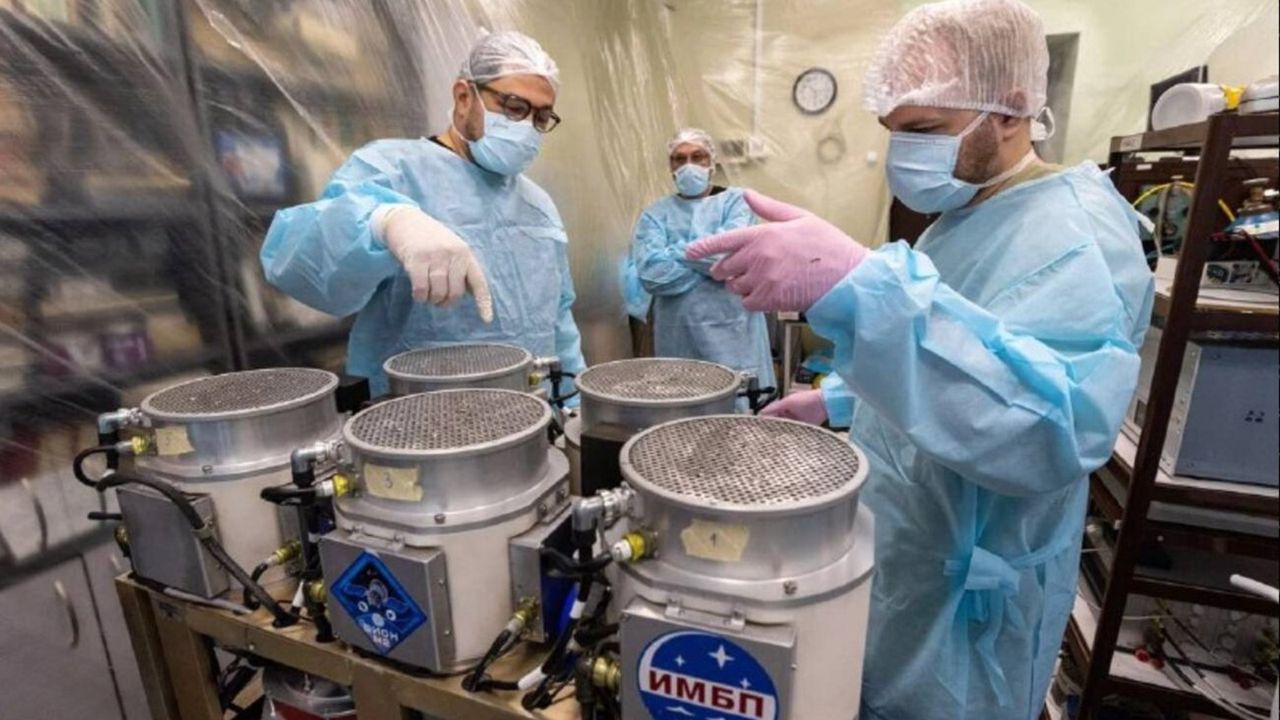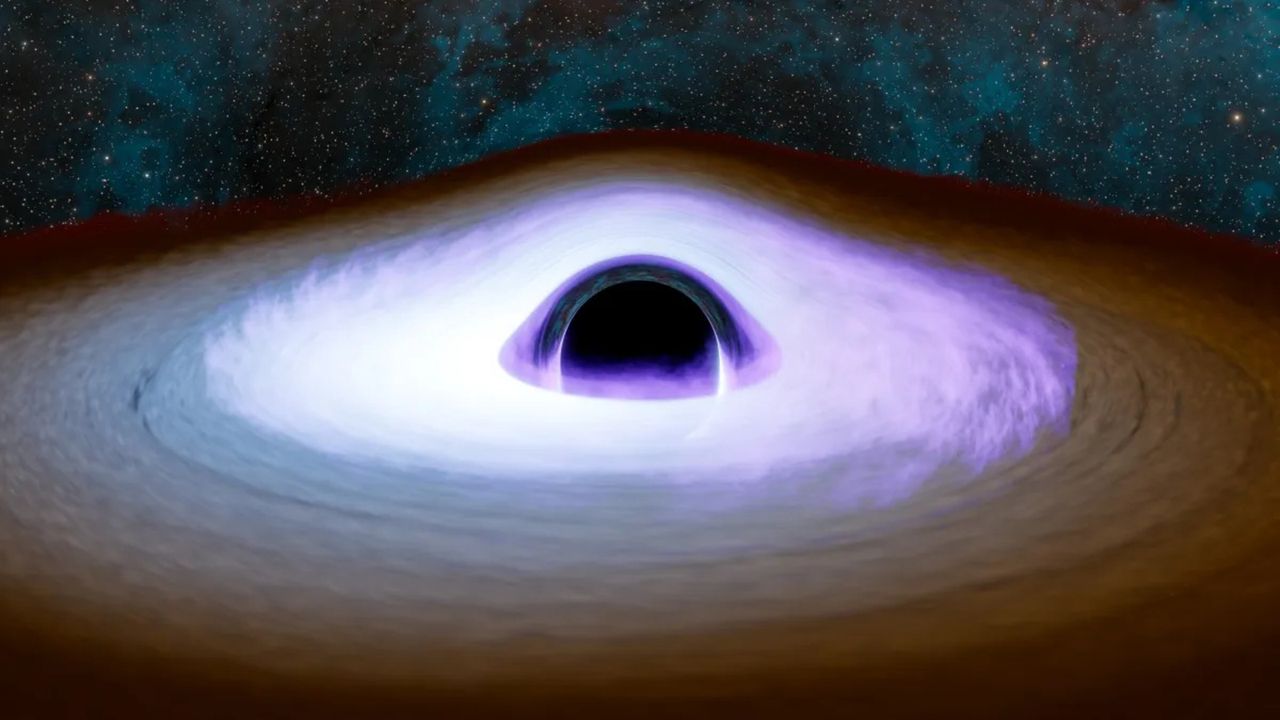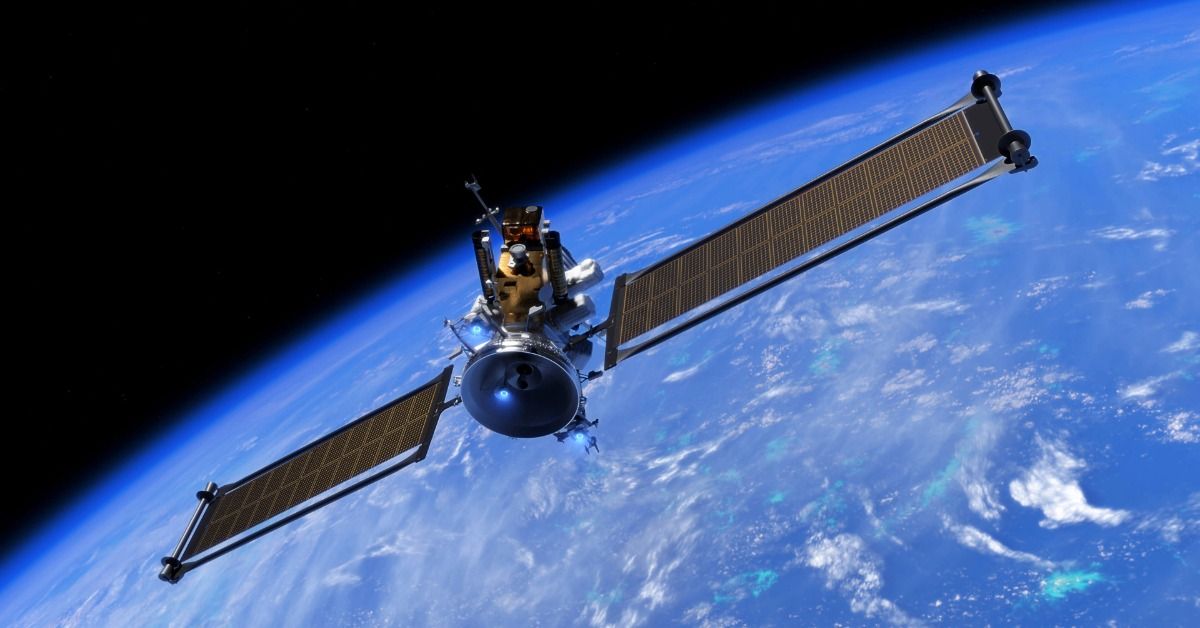Now Reading: Russia to Send Mice and Fruit Flies to Space for Research on August 20
-
01
Russia to Send Mice and Fruit Flies to Space for Research on August 20
Russia to Send Mice and Fruit Flies to Space for Research on August 20

Swift Summary
- Russia’s Space Biosatellite: Russia plans to launch the bion-M No. 2 biosatellite on August 20 from Baikonur Cosmodrome, Kazakhstan.
- Mission Objectives: The payload includes 75 mice, over 1,000 fruit flies, cell cultures, microorganisms, and plant seeds for a 30-day space experiment aimed at studying radiation susceptibility and microgravity effects.
- Focus on Lunar Simulants: Test tubes containing lunar simulants (dust and rocks replicating moon materials) will help evaluate how space conditions affect these substances in preparation for future lunar construction projects.
- Scientific Goals:
– Understanding biological responses to cosmic radiation and microgravity to inform astronaut health protocols for deep-space missions.
– Data collection relevant both for space exploration medical needs and Earth-based medicine advancement.
- Mouse Research Details: Three groups of mice will take part in the experiment:
– Earth-based group living under normal conditions,
– Control group housed in flight replicas on Earth,
– Experimental group orbiting in space with real-time monitoring systems installed inside their units.
- the satellite will operate at high-radiation levels about 30% greater than typical near-Earth orbits.
Indian Opinion Analysis
This mission highlights Russia’s commitment to advancing biological research central to human long-term survival in deep-space missions. Studying organisms like mice-whose genetic properties closely mimic humans-underscores meticulous planning aimed at robust scientific outcomes. For India, this work serves as an illustrative example of how cross-disciplinary approaches can provide insights valuable not just for interplanetary goals but also healthcare improvements back home.
With ISRO’s growing ambitions such as Gaganyaan and planned Moon missions under the Chandrayaan series, collaboration or research benchmarking against such experiments might enhance india’s capabilities further. Understanding cosmic radiation’s impact remains notably significant given India’s plan for prolonged human presence aboard future crewed spacecraft towards Mars or lunar bases.
India could use this possibility to focus both technically (e.g., monitoring systems) and biologically (e.g., radiological studies) when shaping its own enduring pathway into advanced bio-experiments involving animals or microbial life forms beyond Earth’s atmosphere.























